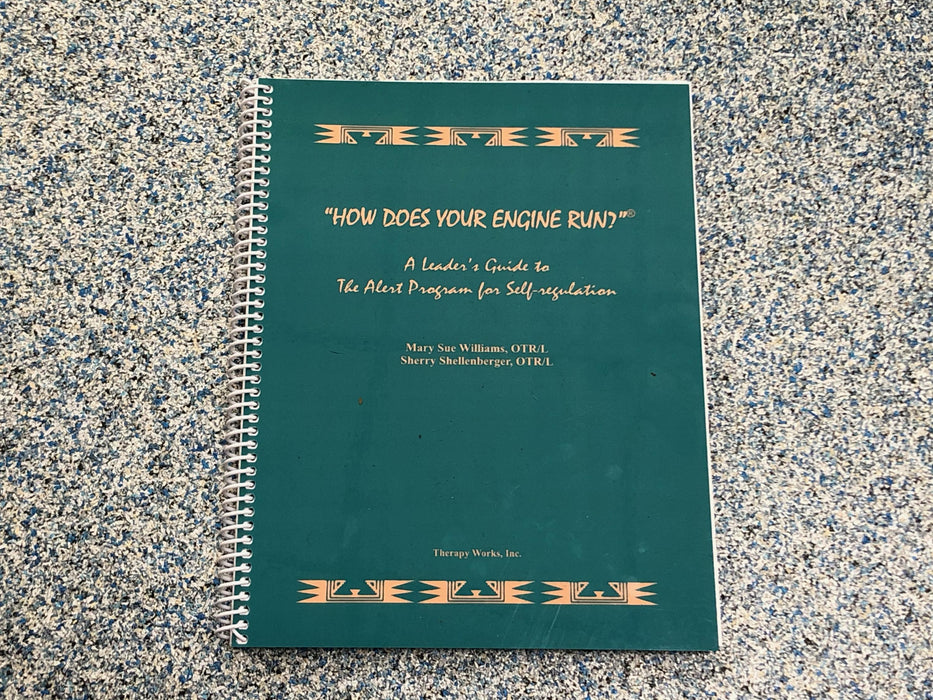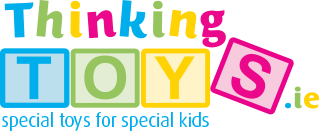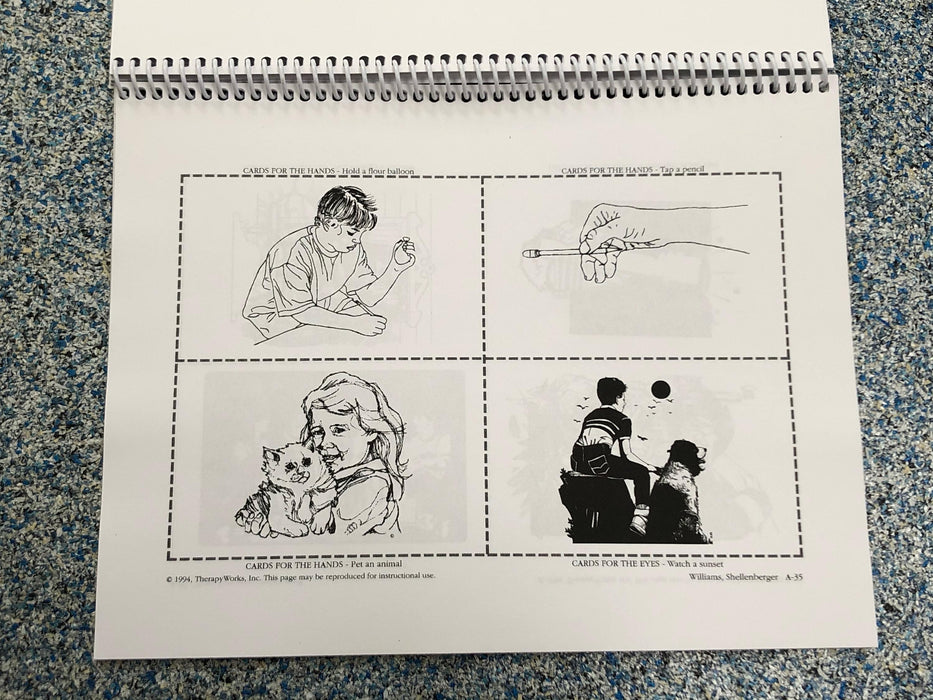
How Does Your Engine Run? - A Leader's Guide to the Alert Program
“If your body is like a car engine, sometimes it runs on high, sometimes it runs on low, and sometimes it runs just right.”
When teachers, therapists, or parents use these simple words to begin the Alert Program®, they enter an exciting adventure with children. The journey unfolds easily with the Alert Program’s clearly defined steps for teaching self-regulation awareness.
The book, How Does Your Engine Run?® A Leader's Guide to the Alert Program® for Self-Regulation (Williams & Shellenberger, 1996), describes an innovative program that supports children, teachers, parents, and therapists to choose appropriate strategies to change or maintain states of alertness. Students learn what they can do before a spelling test or homework time to attain an optimal state of alertness for their tasks. Teachers learn what they can do after lunch, when their adult nervous systems are in a low alert state and their students are in a high alert state. Parents learn what they can do to help their child's nervous system change from a high alert state to a more appropriate low state at bedtime.
Leaders of the program not only learn what they can do to support self-regulation, but how to share the underlying theory so all can understand the basics of sensory integration. By reading the book or attending a conference, adults increase awareness of their own self-regulation thereby improving their ability to facilitate students' optimal functioning. The Sensory-Motor Preference Checklist (for Adults) is a tool used to support this learning process. For example by filling out the checklist, adults may discover that before work, they may drink coffee, take a brisk walk, or listen to jazzy music to get their engine up and going for the day. Or others may find that they drink hot chocolate, rock in a rocking chair, or watch the glow of a fireplace to get their engine slowed down after a busy day. Bringing to awareness what most people do automatically in their daily routines, fosters the understanding of how important self-regulation is for students' functioning.
Although the Alert Program® initially was intended for children with attention and learning difficulties, ages 8-12, it has been adapted for preschool through adult and for a variety of disabilities. If children are intellectually challenged or developmentally younger than the age of eight, the program's concepts can be utilized by staff to develop sensory diets (Wilbarger & Wilbarger, 1991) to enhance learning.
Join the group of teachers, occupational therapists, speech-language pathologists, physical therapists, adapted physical educators, educational assistants, counsellors, social workers, and parents who are enhancing children's lives using the Alert Program®.
Alert All Programs Back To School Teachers Book Books Books & Fun Decks Programs Self-Regulation

